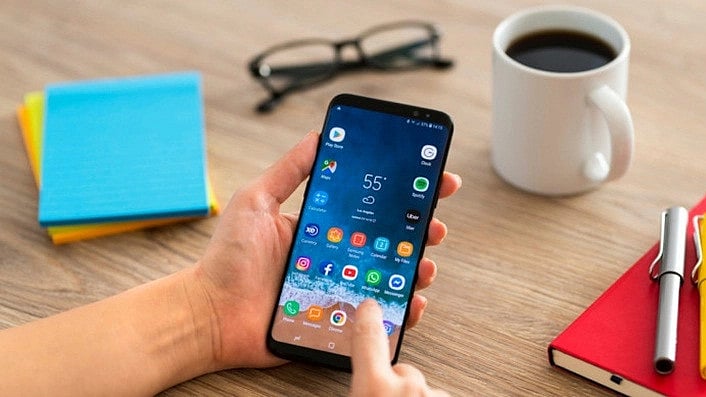iPhone Less Safe Than Google Android Smartphones, New Research Reveals
The report's findings underscore Android's edge in proactive threat blocking, particularly on Google Pixel devices, where users were 96 percent less likely to encounter scam messages.

A groundbreaking global survey commissioned by Google has flipped the script on smartphone security perceptions, revealing that Android users are 58 percent less likely to receive scam texts compared to iPhone users, challenging the entrenched narrative that Apple's closed ecosystem makes iOS inherently safer than the open Android platform.
The report, titled "Global Smartphone Security Survey" and conducted in partnership with YouGov during Cybersecurity Awareness Month, polled 5,000 smartphone users across the United States, India, and Brazil to gauge real-world experiences with scams, phishing, and fraud. Its findings underscore Android's edge in proactive threat blocking, particularly on Google Pixel devices, where users were 96 percent less likely to encounter scam messages. In stark contrast, iOS users reported receiving up to 65 percent more scam texts within a single week than their Android counterparts, with some iPhone owners facing up to 96 percent more fraudulent messages overall.
This data highlights a surprising trend, a notable portion of Android respondents claimed they received zero scam texts at all, attributing this to built-in AI-driven filters that Google's security architecture deploys to neutralize threats before they reach users. The platform blocks over 10 billion spam calls and messages monthly, a figure that has surged amid rising AI-induced frauds costing the world over $400 billion annually. Meanwhile, 20 percent more Android users described their device's protection as "highly effective," reflecting greater confidence in its defenses compared to iOS.
At the heart of the report is a direct debunking of the age-old ideology that iPhones are "much safer" than Android phones—a belief rooted in Apple's tightly controlled app store and hardware-software integration, often portrayed as a bulwark against malware and exploits. The survey dismantles this by demonstrating that iOS's vulnerabilities to social engineering attacks, like phishing-laden texts and fake links, expose users to higher real-world risks despite fewer traditional malware incidents. Participants overwhelmingly cited iPhones as facing "greater overall risk of cyberattacks" due to inadequate default message filtering, positioning Android's open yet fortified ecosystem—bolstered by features like verified SMS and on-device AI—as the true frontrunner in everyday scam prevention.
"Our security architecture is designed to identify and block potential threats before they impact users," Google stated in the report. "This proactive approach ensures that Android users enjoy a safer and more reliable mobile experience." The findings align with a complementary analysis by the Leviathan Security Group, which tested premium flagships including the iPhone 17 and Google Pixel 10 Pro, crowning the latter as the most secure for scam and fraud protection thanks to its integrated AI safeguards.
RECENT STORIES
-
-
-
-
-